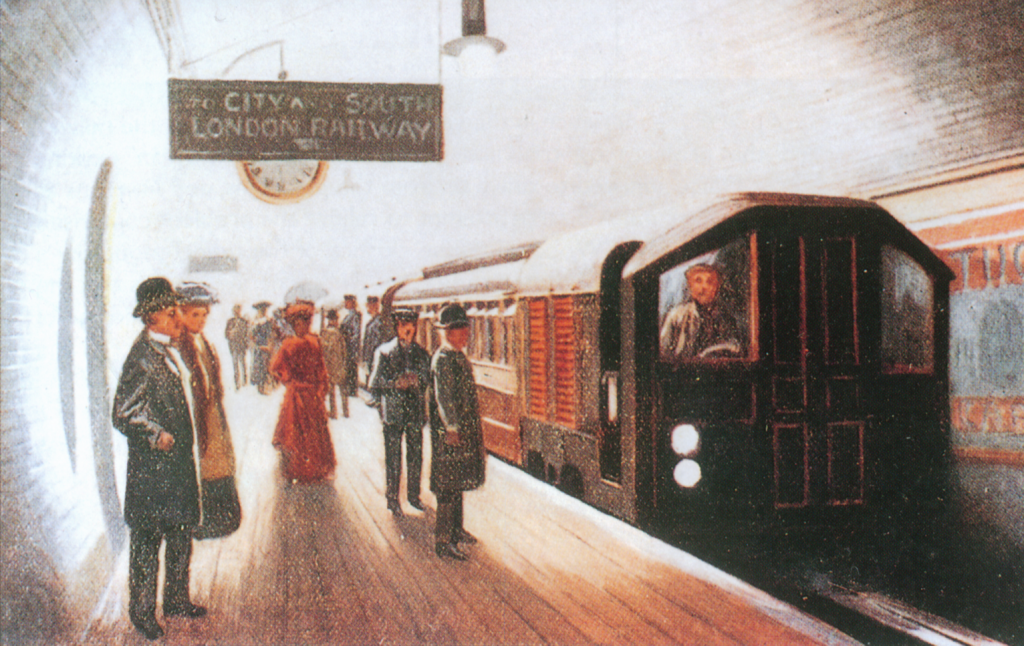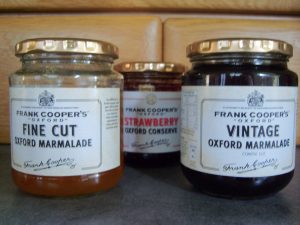“The ‘ladies and gentlemen’ greeting on Tube announcements is to be scrapped, Transport for London (TfL) has announced. London Underground staff have been told to say “hello everyone” in an effort to become more gender-neutral. … The revised phrasing will be applied to all new pre-recorded announcements made across the capital’s transport network.” Read the full story on BBC News.
And while we’re on the subject of gender-neutral language: “Malta might be the next country to bring in marriage equality after the country’s government brought forward legislation to removed gender language from their marriage laws. The draft law would abolish gendered terms such as “husband”, “wife”, “mother” and “father” from the country’s Marriage Act and other laws and replace them with gender-neutral terminology. The move has the support of the centre-right opposition Nationalist party.” Read more in OutinPerth.
***









